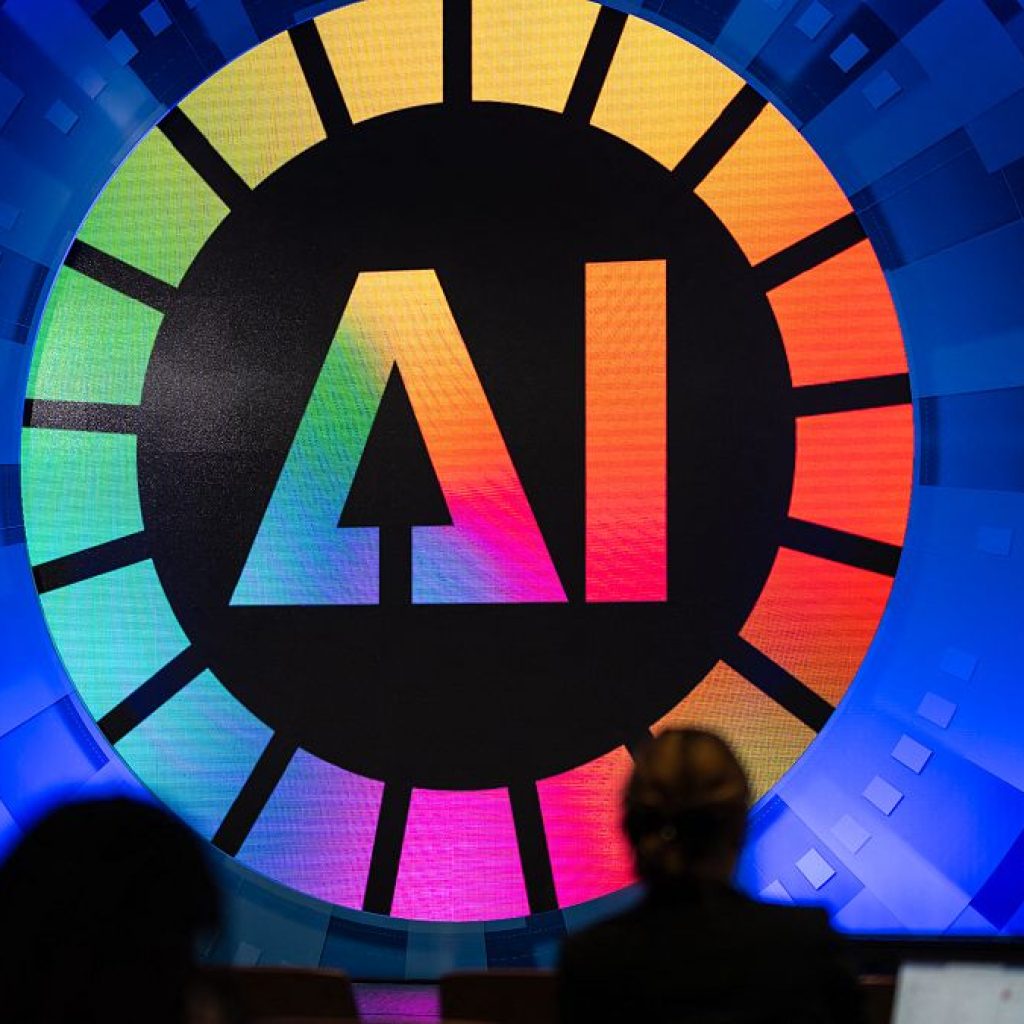After a protracted standoff, the Writers Guild of America (WGA) and the Alliance of Motion Picture and Television Producers (AMPTP) have finally settled their differences. Negotiations, as the saying goes, involve both wins and losses, and in a commendable display of transparency, the WGA has disclosed its strike-related expenses from inception to resolution. While the strike may be officially over, the fight for the rights of writers and the protection of their livelihoods continues, according to John August, screenwriter of “Charlie and the Chocolate Factory” and a WGA committee member.
One of the significant victories for the WGA in this negotiation pertains to artificial intelligence (AI). It has been established that AI cannot replace human workers nor undermine their wages and working conditions. John August has characterized the pursuit of success-based residuals as “our first crack” at a multifaceted challenge. Over the next three years, the writers’ guild will diligently assess the efficacy of this model.
In an extensive conversation held over Zoom on September 27, John August delved into the nuances of the recently revealed contract details. He dissected the triumphs and compromises made during the negotiations and outlined the future direction of the WGA’s goals. He emphasized that this contract has been a revelation in many ways, highlighting that what were once perceived as industry norms were, in fact, norms no more, as companies arbitrarily abandoned them. This contract, in essence, seeks to codify these norms.
The negotiations between the WGA and AMPTP were marked by several key points, shedding light on the dynamics of the entertainment industry and the writers’ determination to safeguard their interests.
Transparency in Strike Expenses
One notable aspect of this settlement is the transparency exhibited by the WGA in disclosing the financial aspects of the strike. By meticulously documenting their expenses from the beginning to the end of the strike, the WGA has set a precedent for openness in labor negotiations. This move allows members and the public alike to gain insight into the financial aspects of such disputes and underscores the guild’s commitment to accountability.
AI and Its Limitations
A significant victory for the WGA in this contract negotiation is the clear delineation of AI’s role in the industry. Artificial intelligence has been a growing concern, with fears that it could potentially replace human writers or undermine their earnings and working conditions. By securing a provision that safeguards against these threats, the WGA has provided job security for its members in an evolving industry.
Success-Based Residuals
The concept of success-based residuals represents a novel approach to compensation for writers. While this is a groundbreaking step, John August acknowledges that it is just the beginning. The next three years will serve as a testing ground to evaluate the effectiveness of this model. Success-based residuals tie a writer’s compensation to the performance and profitability of their work, aligning their interests with the success of the project.
Codifying Industry Norms
John August underscores that a significant aspect of this contract negotiation was the codification of industry norms. Many practices that were once considered standard in Hollywood had eroded over time as companies chose to abandon them. This contract seeks to restore and solidify these norms, ensuring that writers are treated fairly and equitably.





